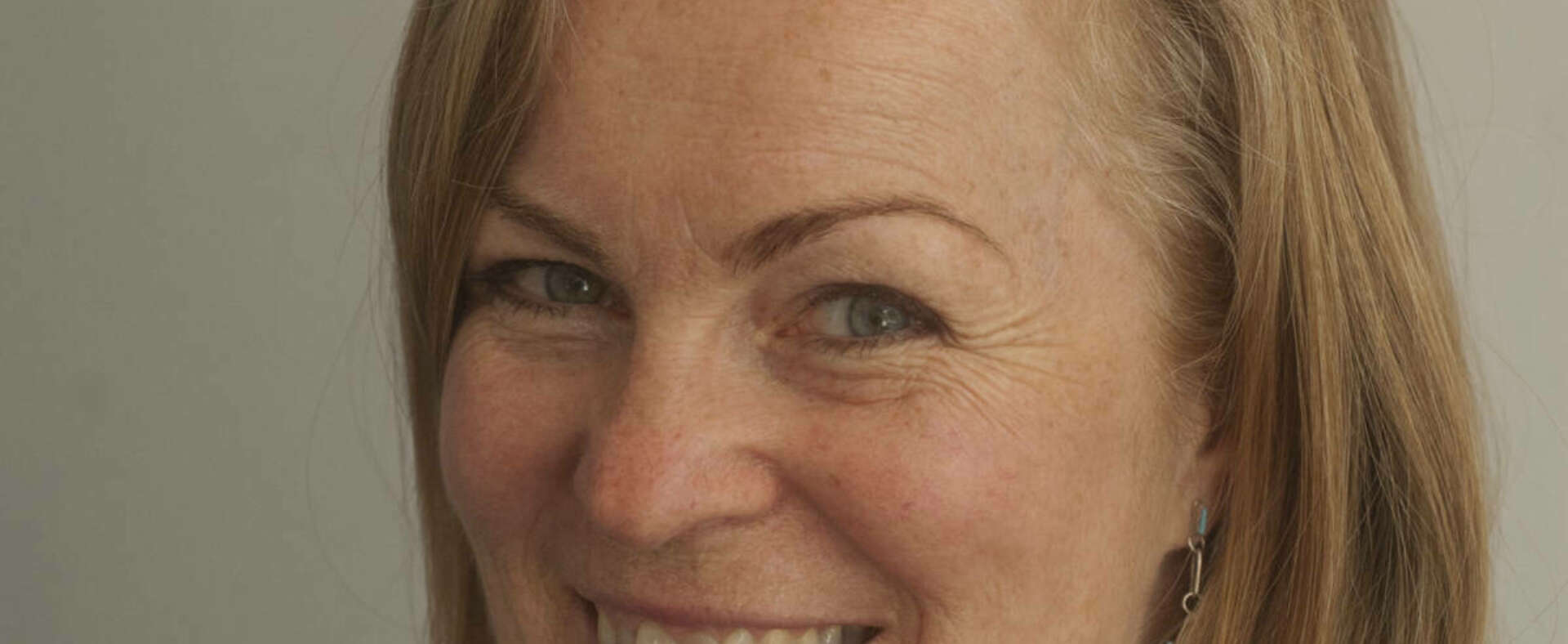
The director of the hybrid documentary festival talks on-site film happenings, challenges in the sector and the future of Nordisk Panorama.
The hybrid Nordisk Panorama event takes place September 16-21 in Malmö Sweden and on line.
For further information CLICK HERE.
How does the festival look in terms of attendance - online and on-site this year?
Anita Reher: This will be the first time we are presenting a hybrid edition of Nordisk Panorama and we are excited to both welcome people back in person to Malmö and allow digital participation in our industry events. We sensed a great enthusiasm for being live and in person when we announced our decision earlier in the year, but we had no way of knowing what restrictions would be in place in September. Despite the pandemic our numbers are nearly at the same level as before Covid-19, and 80% of the attendees will be there in person. There is no doubt that the industry has been missing those impromptu meetings and network opportunities that happen during the coffee breaks and social gatherings.
What lessons have you learned from last year’s fully online event?
AR: Like everyone else’s own experience, we’ve learned that an online festival is very different than an in-person festival. We’ve missed the physical interactions, but the online edition has allowed us to reach wider audiences in all of the Nordic countries. We will bring some of the digital components with us for future editions. Our industry events are now hybrid, which means that decision-makers from all corners of the world are able to take part, and we see that in the record-high participation at our Forum for Co-financing of Documentaries.
Can you tell us about the highlights of this year’s edition?
AR: The highlight is, as always, the best Nordic documentaries and short films from the past year. We are also excited about looking at the intersection between gaming and film. Three award-winning Nordic games will be presented and their artistic qualities and culture-bearing media values will be discussed with consultants from the Nordic film institutes. We will also dive deeper into the realities of producing and distributing creative documentaries, pre- & post Covid, at our new Town Hall event. This annual meeting is where the Nordic documentary community will discuss important issues with all stakeholders in the industry in collaboration with Nordisk Film & TV Fond and the Audiovisual Collaboration initiative. We are also welcoming a delegation of producers and decision-makers from Poland to provide additional co-production opportunities for the Nordics.
What new initiative are you particularly proud of?
AR: We are very proud of our new Cinema Walk initiative, where we show short films in 19 urban and unexpected places, intended to give a rich visual experience to everyone, while expanding the cinema room. It is a chance to see films all over town, on screens and walls, in shop windows and malls, at the local grocery store, co-working spaces, and at one of Malmö’s many falafel spots. We thought of this project during lock-down when we wanted to create film happenings that we knew could take place, even during a pandemic.
What are the biggest challenges facing documentary filmmaking in the Nordics today?
AR: Like everywhere else, the pandemic is not over. Travel and restrictions are changing on a daily basis, which influences what you can do, where you can go, and how you can protect people during production. Shooting a documentary is always a challenge and this adds another layer of difficulty. At the same time producers are experiencing longer response time from decision-makers, who seem to also be in a holding pattern due to uncertainty of the situation. At the same time, each of the public broadcasters are taking their own approaches to streaming, which is shifting the distribution landscape for filmmakers. This is one of the topics we will be discussing at our Town Hall event.
The Nordic Council announced in May it would cut all funding for Nordisk Panorama from 2022. What has happened since? What action plan have you put together to still try to secure the future of Nordisk Panorama?
AR: We have been lobbying in all 5 countries with strong support and backing from the industry in an attempt to alter their decision. We are in continuous discussion with our other funders to see if jointly they would be able to increase their support and cover a portion of the shortfall. We are also looking for new sources of funding. However, we are hindered by the fact that we are a regional organisation serving the Nordic countries and very few organisations support regional organisations since most are focused on funding initiatives in their own countries.
Our mission, as an organisation, is to support Nordic filmmakers and we rely on organisations that support the idea of pan-Nordic collaboration to fund our efforts – such as the Nordic Council of Ministers. We have developed multiple scenarios, based on different levels of support, to secure Nordisk Panorama’s ability to carry out its mission in the future. When we know what level of support will be in place for 2022, we will announce our strategic approach and how NP will enhance its efforts to support Nordic filmmakers.